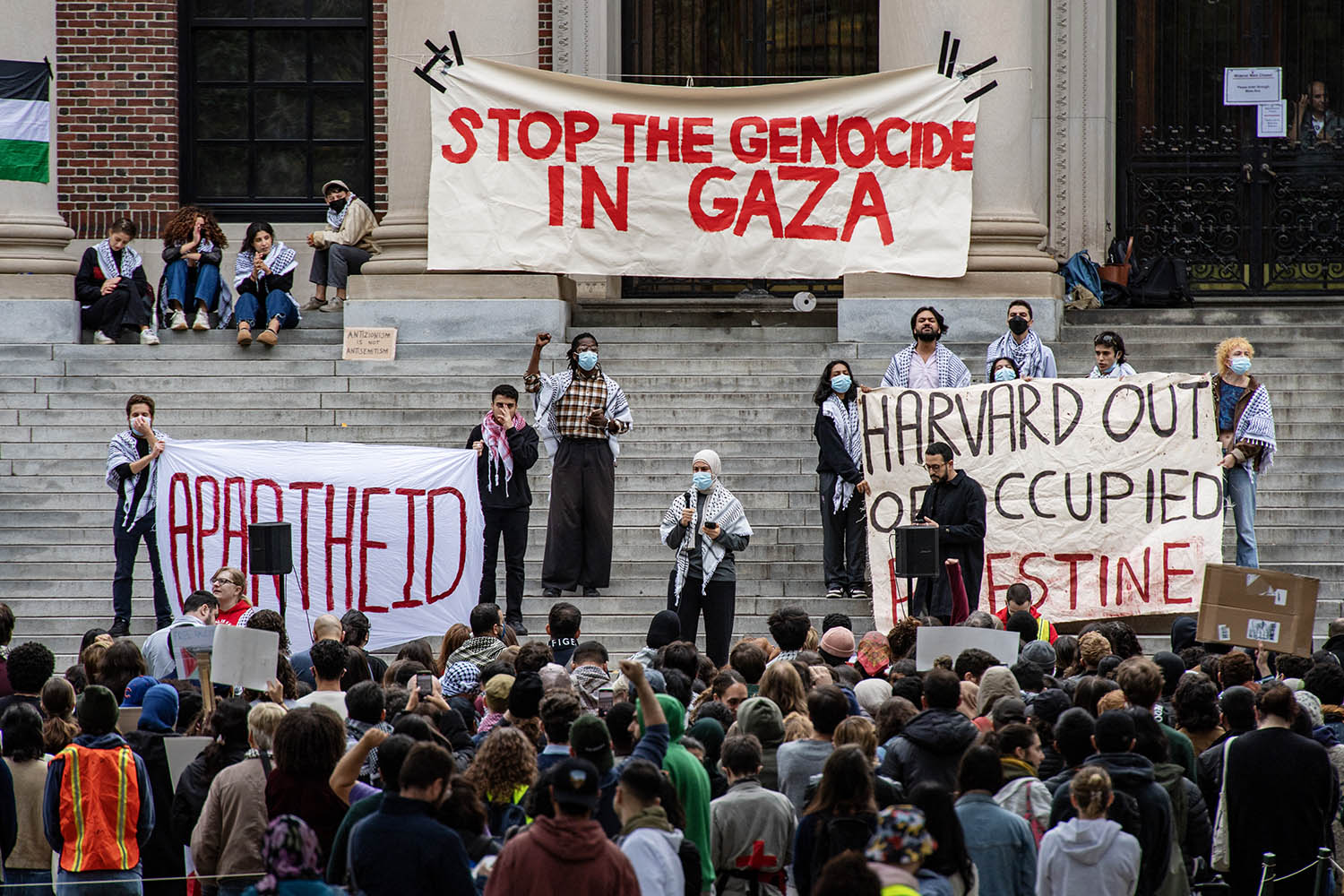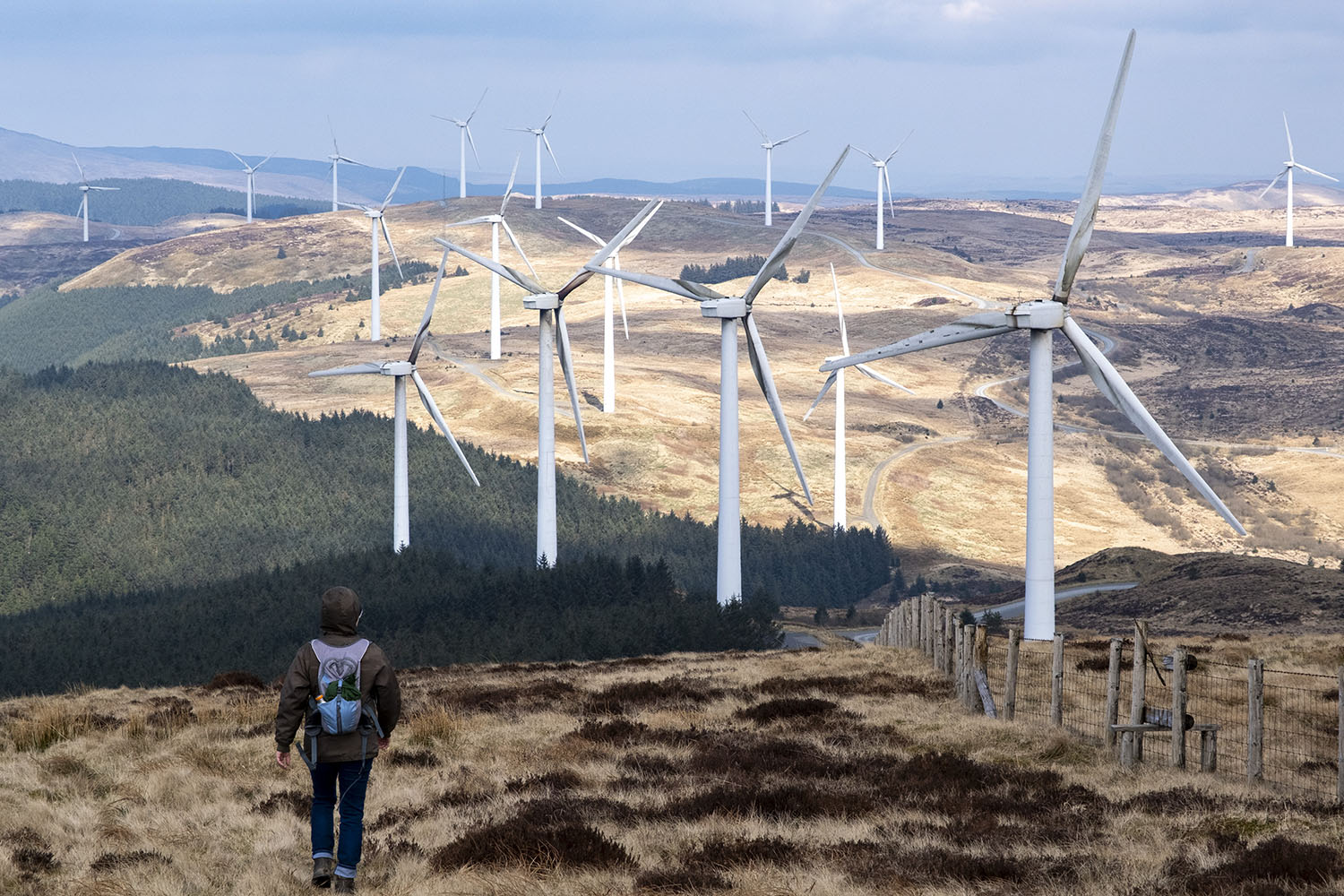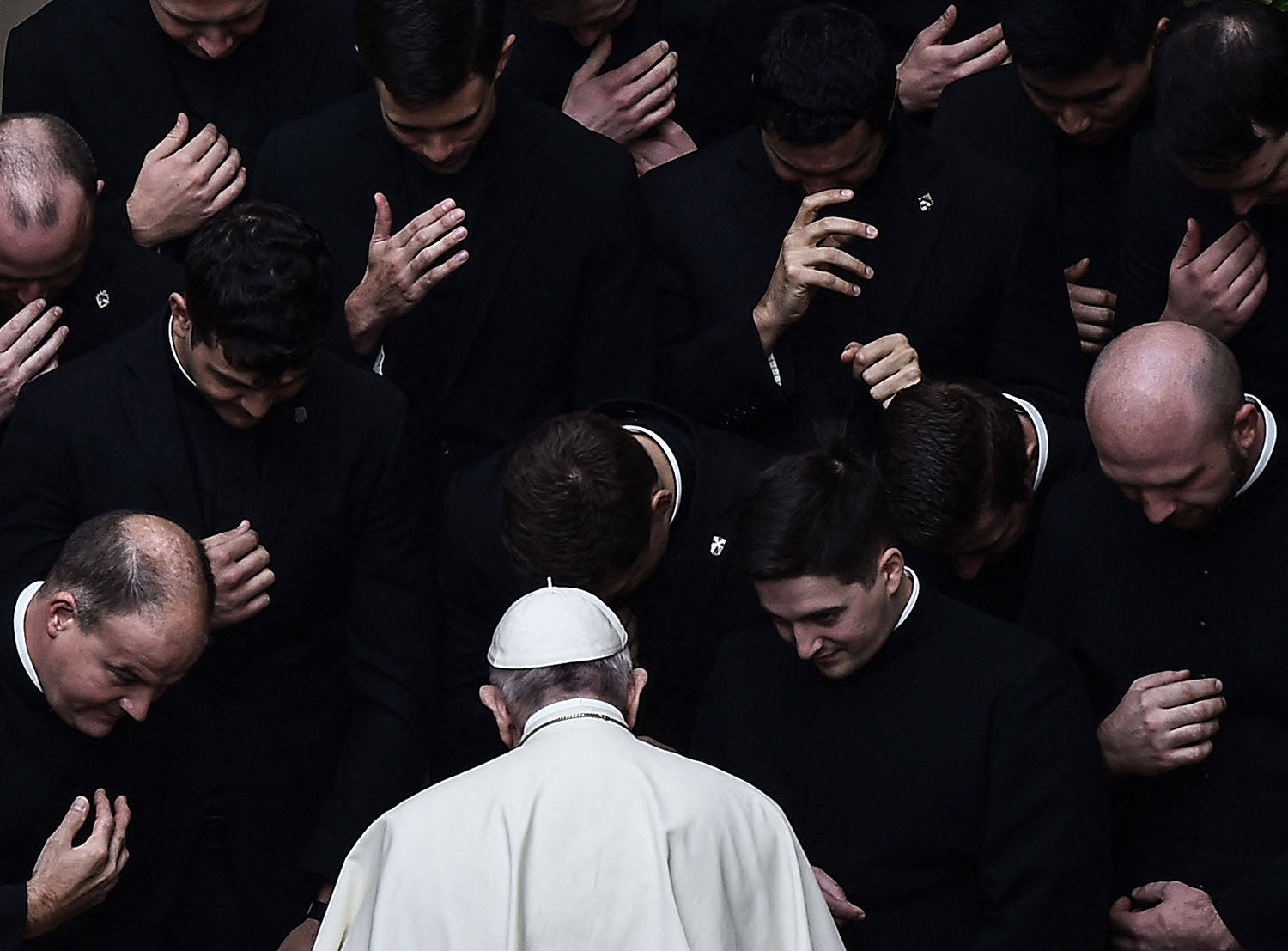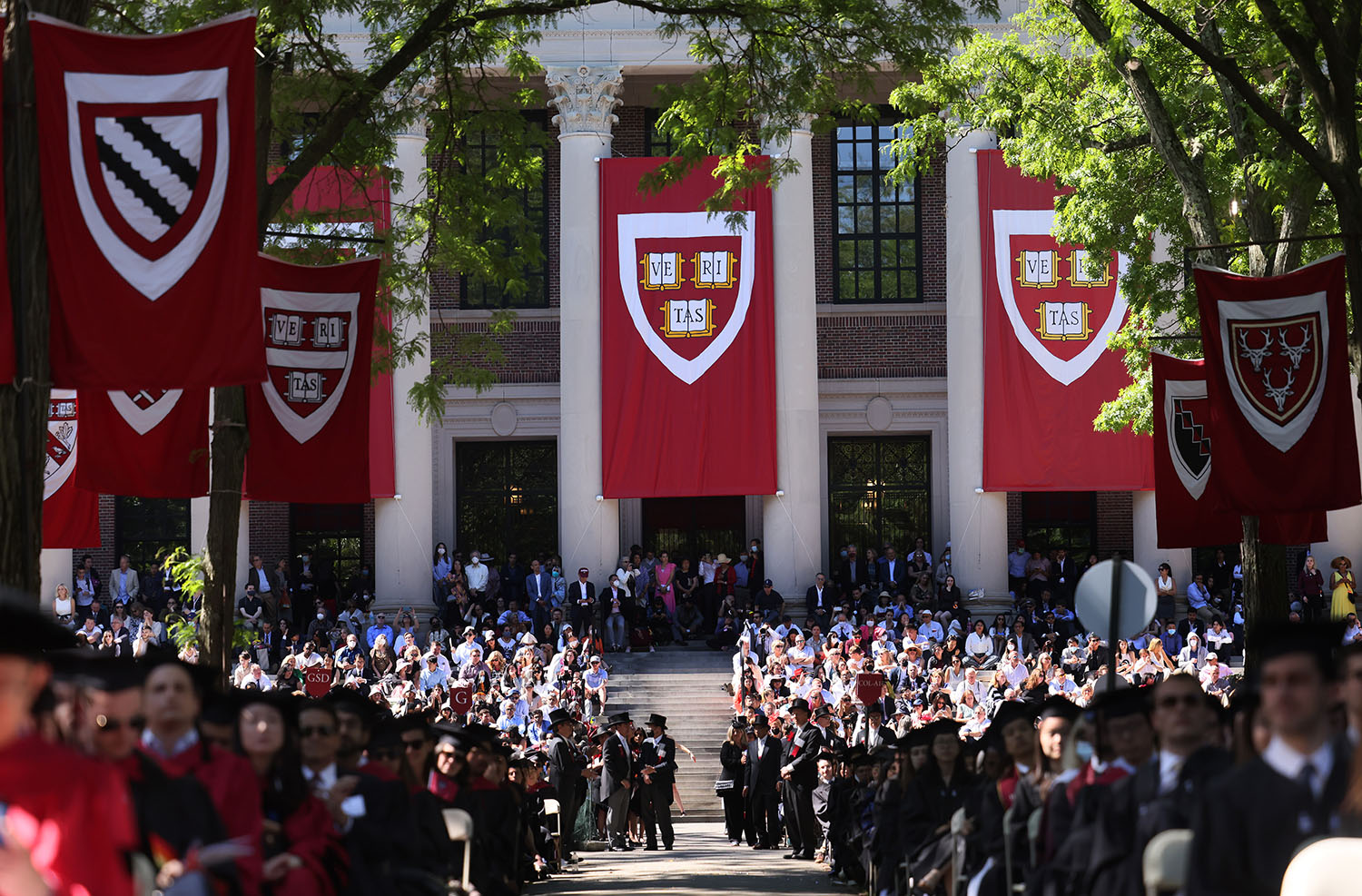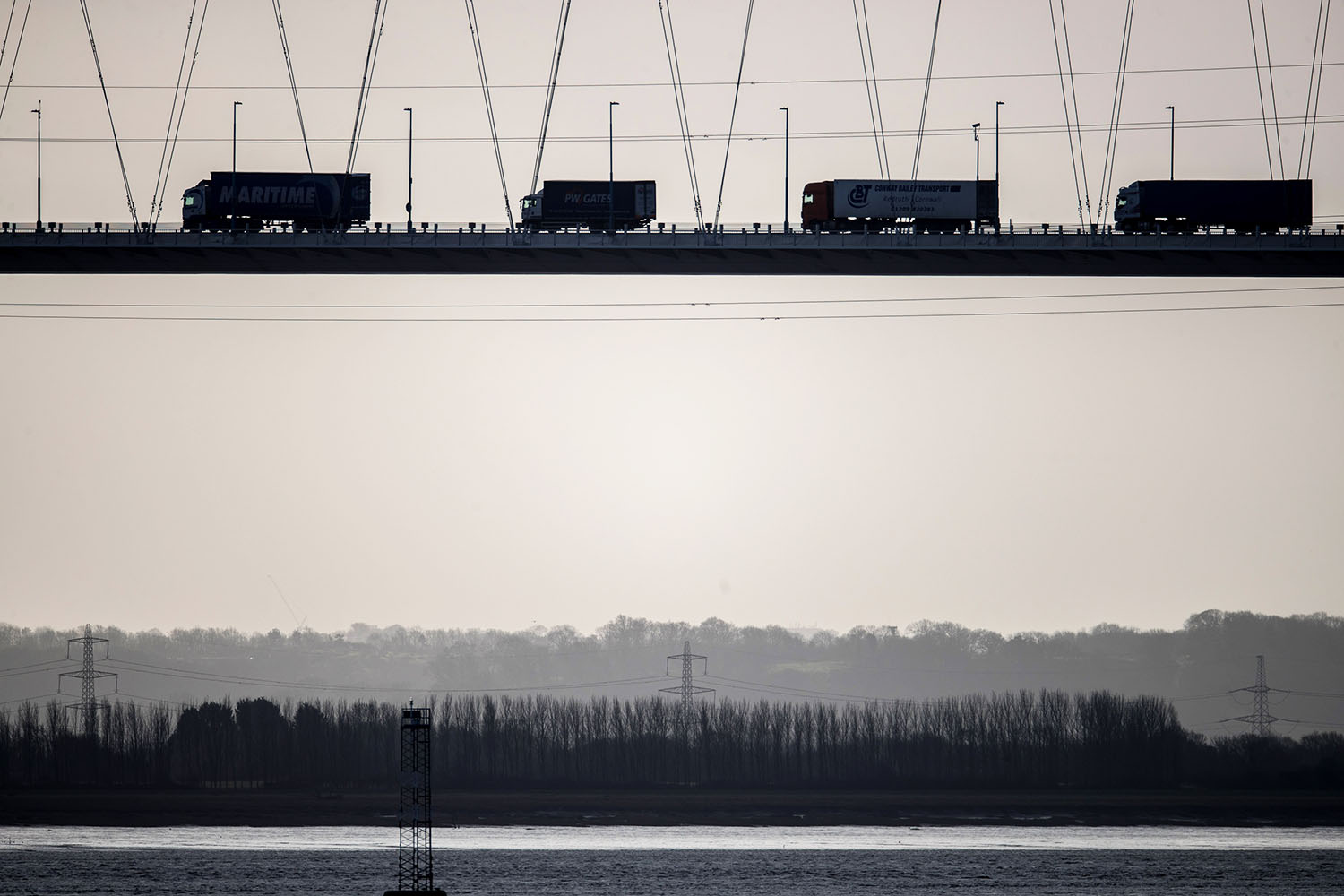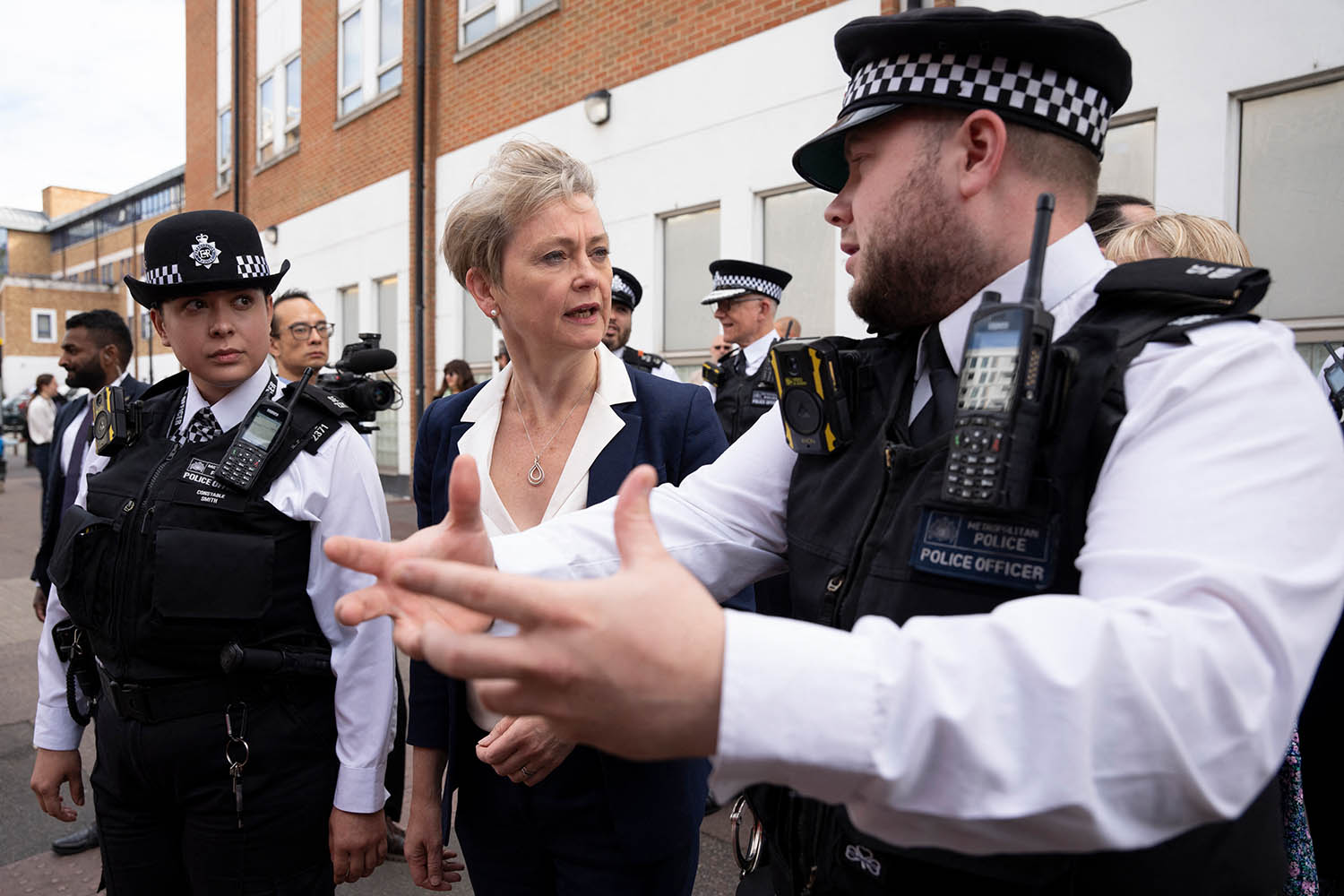
The UK government launched a three-stage immigration blitz this week.
First, the Home Office reported that nearly 19,000 migrants had been deported since Labour took office, the highest rate of returns since 2018. It also released footage of enforcement teams raiding nail bars, car washes and restaurants across the country.
Second, Labour’s border security bill targeting smugglers and scrapping the Rwanda act cleared its first Commons vote.
Third, the government issued new guidance stating that anyone who enters the country illegally will normally be refused citizenship, even with refugee status.
This has created uneasiness, even among Labour loyalists. Lord Blunkett, widely seen as an immigration hardliner, asked whether the government had reflected on the “societal and cohesion aspects” of the guidance – as well as how it could impact children and risk statelessness.
But Labour seems intent on taking on Farage with some of the tactics of Trump.
Last week, for the first time ever, Reform UK led Labour in YouGov/Times polling. Figures put Farage’s party on 25 per cent of the vote – one point ahead of Starmer’s.
At the same time the UK government is feeling pressure to demonstrate some degree of a shared vision with the new Trump administration, which is attempting to carry out mass deportations through its own highly choreographed raids and arrests.
“This is reflective of a broader pattern that we’re seeing across a whole range of countries,” says Peter Walsh of the Migration Observatory. “A gradual ratcheting up of restrictions and these more performative kinds of demonstration of toughness.”
Walsh thinks this might not be effective in achieving the ultimate goal of reducing unauthorised immigration. He suggests the proposed border security bill could
- lead to successful arrests of “low level smugglers” – the ones responsible for getting people in the boats – not accounting for the fact they can very quickly be replaced;
- fail to pursue the masterminds of smuggling operations, who typically operate outside British and European jurisdictions; and
- cause an increase in the price of the services provided by smugglers – as demand for them remains the same – with migrants bearing the higher costs.
According to the Home Office, 3,930 immigration-related arrests have been made since Labour took power. But not all those arrested are necessarily unauthorised migrants.
Historically, says Walsh, the number of people detained and then deported from these raids is much smaller than the number of those arrested – sometimes as low as 30 to 40 per cent.


